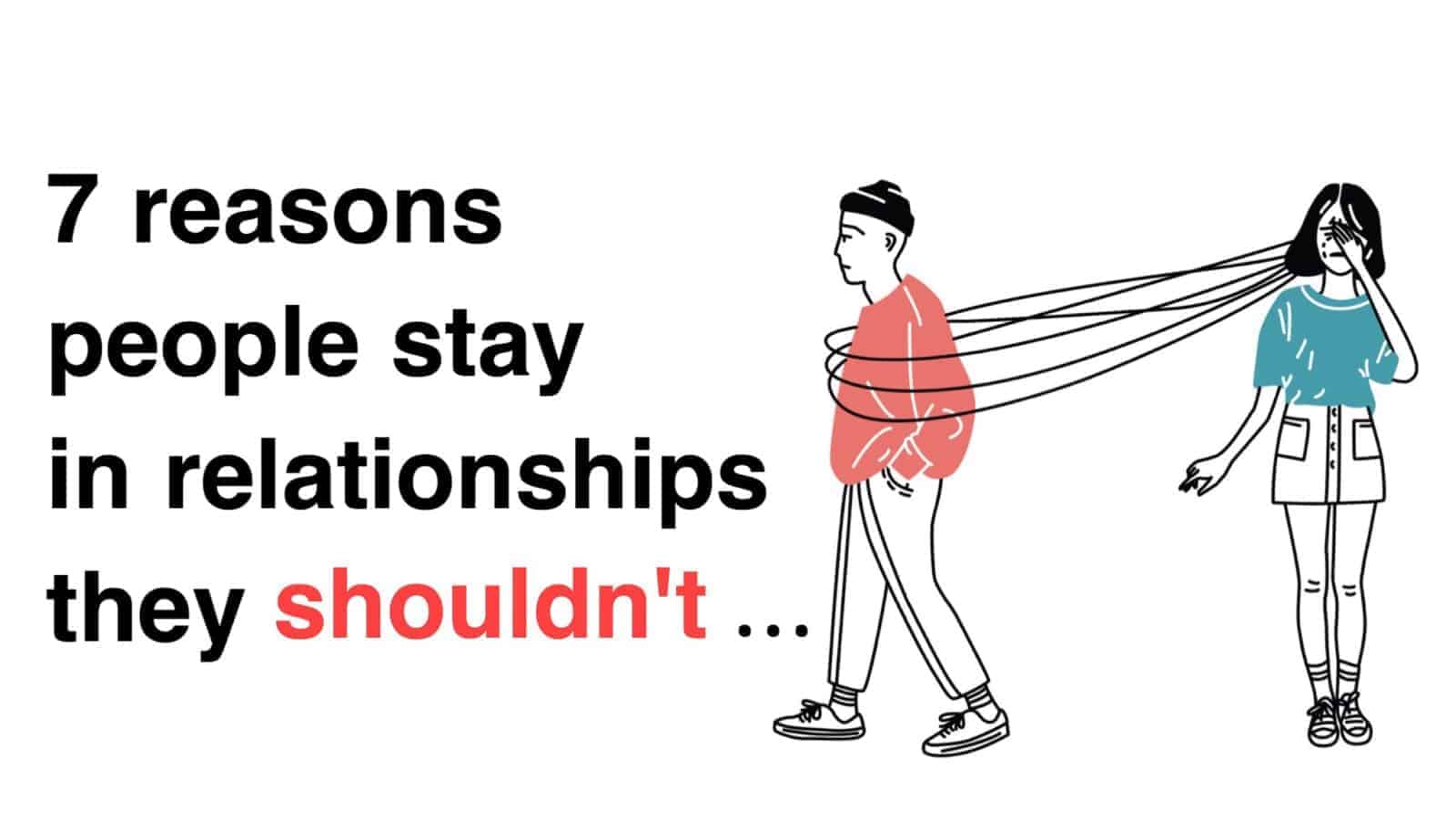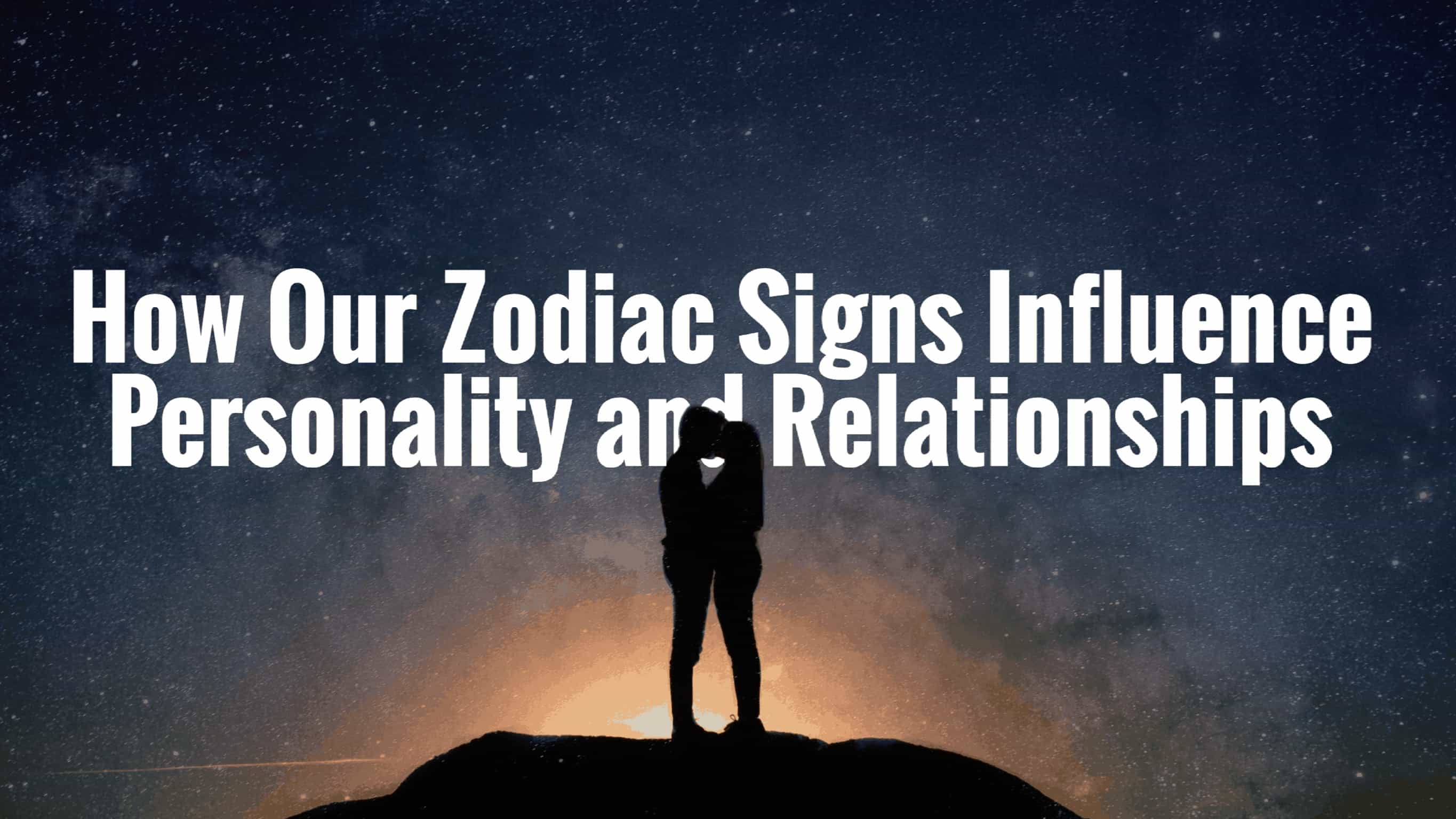Emotional stability is one of the most important aspects of a relationship. It involves communication, respect, trust, and many other factors. Without emotional stability, people can expect to drift away from one another.
You must figure out how to reach emotional stability to keep your relationship healthy. The things you do daily make a big difference because achieving peace must be consistent. Consistency allows both partners to see how meaningful the relationship is to the other person.
With emotional stability in your relationship, things will flow better, and you will handle it better. There will be more happiness and more time for doing fun things together. If your relationship is stable, your bond will be healthier, too.
No relationships are perfect, so you must work to create emotional stability in all relationships. Relationship counselors explain some ways you can make stability, helping relationships everywhere.
What Creates Emotional Stability?
Counselors explain that some things that create emotional stability in relationships are simple but important. It would be best to discuss your favorite binge-worthy shows, favorite things to do, or any other fun facts about yourself. This helps people get to know one another and to connect.
You could also talk about the things that you don’t like. Openly share your beliefs, too, because it’s essential to know one another in that way, honestly. You won’t know if something will work for you (or the other person) until you know facts about one another.
It is best to find out early if you can deal with the other person’s thoughts. Only then will you be able to focus on creating emotional stability in your relationship. Once you have done this part, there are different ways to stabilize the connection.
1 – Paying Attention to Your Partner
Learn and acknowledge your partner’s needs and wants, which involves paying attention to them. Listen to what they say and look for something they may not say out loud. Relationship counselors have determined that this will make a big difference in your relationship.
2 – Develop Trust
You have to trust one another if you want to have a stable relationship. Trust may not happen right away, so work to develop it naturally. You’ll know when you have reached it, and it will make a big difference in your relationship.
3 – Be Available
This doesn’t mean being physically available. You must be emotionally available, as well. This means you can’t hold back emotionally, and you must genuinely listen to and try to understand your partner. If you hold back or don’t make yourself available, you won’t develop emotional stability or a strong bond.
4 – Show Affection
As your relationship progresses, you may become less affectionate. It is important not to let this happen or to make changes if it has already. Kiss one another, hold hands, hug, and cuddle.
5 – When You Fight, Be Fair
Sometimes, when you’re angry, you might find yourself saying things you don’t mean. Try not to do this as it can create even more problems between you. You should avoid bringing up the past and only argue or discuss the issue at hand.
6 – Try to See Their Perspective
Take a walk in your partner’s shoes every once in a while. Do this not only when you disagree, but also regularly. Spend time trying to see things from your partner’s perspective.
Doing this will help you understand them better. You may be able to figure out why they behave or react to certain situations the way that they do. It can make your relationship better in all areas.
7 – Overcome the Problems
Relationships have some problems no matter how stable the partnership is. This is normal, but you have to work to overcome those obstacles. If you ignore them, you won’t be able to have a stable relationship.
Even if you get past it by pushing it away and waiting for time to pass, it’ll cause issues and a rift. There will always be underlying issues that were never honestly dealt with. Please talk about the problems and work on them until you have found a solution you are both happy with.
How to Recognize Emotional Instability
 Emotional stability makes relationships go smoother, and less drama will be involved. You will always know where you stand with one another, and communication won’t be a problem. Without stability, you’ll have to dedicate extra time and lots of energy to your relationship.
Emotional stability makes relationships go smoother, and less drama will be involved. You will always know where you stand with one another, and communication won’t be a problem. Without stability, you’ll have to dedicate extra time and lots of energy to your relationship.
Before you can create emotional stability in a relationship, it’s vital to recognize instability. These things will stand in the way of achieving a stable relationship. By identifying and acknowledging these issues, you can change them or decide if it is something you can handle.
1 – Watch for Angry or Entitled Statements
When someone makes a mistake and expects someone else to fix it, they may be entitled. They don’t want to experience any of the consequences, either. This is a sign of emotional instability.
It’s also a sign of emotional instability if they get angry or upset about small things. Even being questioned or asked for further information will upset them. This is not a good sign, and you should consider if you can handle their anger over this.
2 – They Don’t Show Up to Things They Say They Will Do
If someone can’t keep their commitments, they may be mentally unstable. They won’t show up to pre-planned events that they said they would. Plus, they may not turn work in on time, or they won’t do things that they say they will.
3 – Their Family Is Dramatic
As badly as you may not want to admit it, if their family is dramatic, they may have mental instability issues. This stems from not having loving or reliable caregivers, or they may just have had parents who overreact.
There is a genetic component, so if their parents are unstable, they may be as well. They will have learned habits from their parents rather than developing healthy mental health habits.
Also, please pay attention to how their siblings behave. They may have some of the same traits as their siblings, even if they don’t show immediately.
4 – They Show no Empathy
If you tell your partner something and don’t respond in an empathic way, it’s a red flag. They should respond in a supportive way rather than changing the subject or ignoring it.
5 – They Try to Make Themselves Sound Better Than You
You may notice this when you try to tell your partner something about your life. If they respond with something about their own life instead of empathizing with you, it’s a sign of emotional instability. You may tell them about a stressful situation they are dealing with and respond to their stressful situation.
This shows that they are unstable. They may even think they are empathetic by sharing their story, but it isn’t. Another example of this is when you tell them your goal, and they respond with a plan that seems more significant.
6 – They Don’t Pay for Things That They Owe
This may sound like it has nothing to do with a relationship, but it’s a good sign to watch for. If they won’t pay for things they owe unless they are continually reminded, it’s a sign that they are unstable. This signifies that they feel entitled and like they don’t have to hold up their end of responsibilities.
7 – They Won’t Admit When They Are Wrong
A person who can’t admit when they were in the wrong is someone who is emotionally unstable. They may lie or make excuses when something goes wrong. Or, they may make the situation seem less severe than it truly is.
8 – They Run from Their Problems
If they run away from problems, it’s not a good sign. If you notice that they avoid their issues rather than dealing with them, you can expect that in your relationship, as well.
9 – They’re Too Intense
They might be too intense if they rush into things or disclose too much information too soon. Plus, if they make it sound like they idealize you, this might be a problem, as well.
 Final Thoughts on What Creates Emotional Stability in a Relationship? Counselors Explain
Final Thoughts on What Creates Emotional Stability in a Relationship? Counselors Explain
Having emotional stability in a relationship is essential for having a healthy relationship. Work toward this goal if you want to enjoy your relationship and make happy memories. No relationships are perfect, but you can always work to create stability.
With these tips, you will be well on your way to a relationship with emotional stability. The only way to grow with your partner is through strength, and is achievable with these tips. You don’t want to feel like something is missing in your relationship.
Make sure you do your part and find someone willing to do theirs. It takes both partners to make a relationship emotionally stable. While your relationship may not be perfect, you can work toward emotional stability with these tips.


















